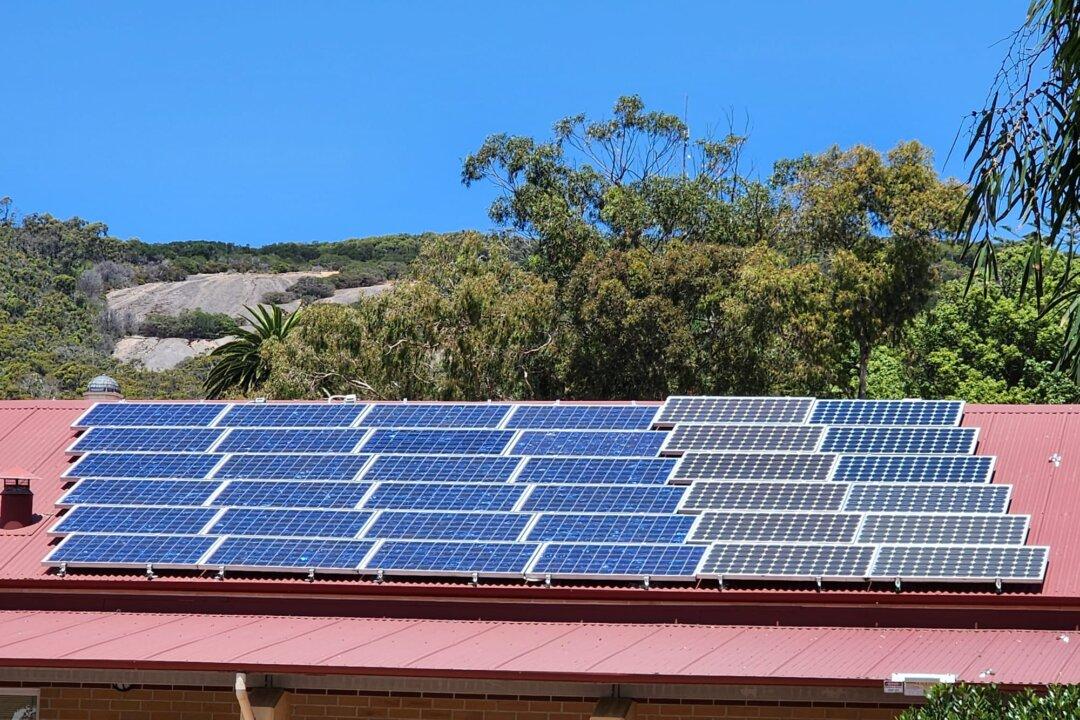The Albanese government has introduced laws to mandate climate reporting for large companies from early 2025, intending to spur greater investment in clean energy and assist investors and companies to “manage climate risks.”
The Treasury Laws Amendment (Financial Market Infrastructure and Other Measures) Bill (pdf) was introduced into the Australian House of Representatives on March 27.





